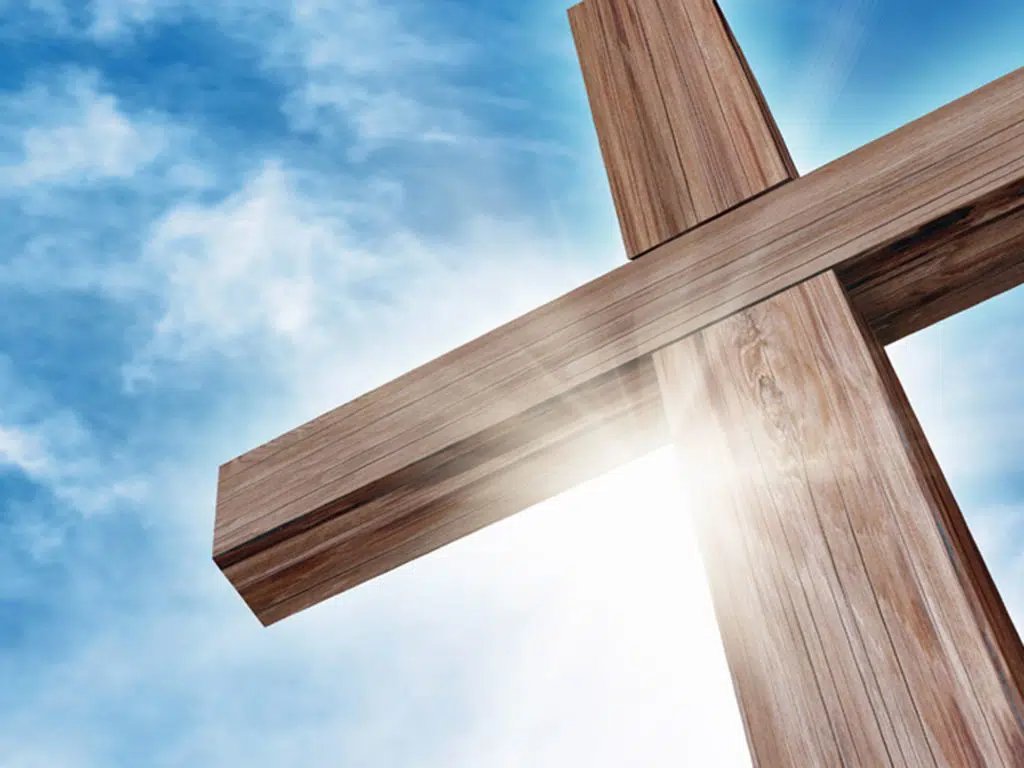Disposition of altar relics
Q. I know there is an official procedure for churches that are (sadly) no longer used for Catholic worship. What happens to saints’ relics in the altar if the church is sold or torn down? (southwest Indiana)
A. If the relics can be removed, it would be the responsibility of the local bishop to oversee their transfer to another place suitable for veneration. Often, they are moved to a church being newly built or to an existing worship site. Interestingly, Catholic churches currently being opened are encouraged, but not strictly required, to have relics of saints in the altar.
The General Instruction of the Roman Missal says: “The practice of the deposition of relics of saints, even those not martyrs, under the altar to be dedicated is fittingly retained. However, care should be taken to ensure the authenticity of such relics” (No. 302).
Elaborating on that directive, the Ceremonial of Bishops says: “The tradition in the Roman liturgy of placing relics of martyrs or other saints beneath the altar should be preserved, if possible. But the following should be noted: … The greatest care must be taken to determine whether the relics in question are authentic; it is better for an altar to be dedicated without relics than to have relics of doubtful authenticity placed beneath it” (No. 866).
Accepting Jesus as savior
Q. Growing up as a Baptist, for us to be “saved” (gain entrance into heaven), we had to “invite Jesus into our heart and accept him as our personal savior” — which I have done.
I’ve been a Catholic now for 10 years, and when I attend Mass, I’ve never really heard anything about being “saved” or how to gain entrance into heaven. I would appreciate your shedding some light on this subject. (Indiana)
A. It is true that Paul says in Romans that “if you confess with your mouth that Jesus is Lord and believe in your heart that God raised him from the dead, you will be saved” (10:9). But that has never been viewed by the Catholic Church as a one-time act that guarantees entrance into heaven.
There are a number of other scriptural passages that indicate, instead, that eternal salvation is based on a lifetime of choices.
In Colossians 1:21-23, for example, Paul writes: “And you who were once alienated and hostile in mind because of evil deeds, he has now reconciled in his fleshly body through his death, to present you holy, without blemish, and irreproachable before him, provided that you persevere in the faith, firmly grounded, stable, and not shifting from the hope of the Gospel which you heard.”
That “proviso clause” indicates the Catholic belief that heaven is won by a lifetime of choices and not by a single act. Salvation is not guaranteed by a decision we have made in the past. We continue to have free will and retain the ability to turn away from God if we choose to do so.
Age of confirmation
Q. Our seventh grade religion class would like to know why we have to wait until high school to receive the sacrament of confirmation. We believe that we are ready to receive the gift of the Holy Spirit by the time we are in eighth grade, which would complete the process of initiation into our Catholic community. (Albany, N.Y.)
A. The age at which confirmation is administered varies across the United States, and the choice is made by the local bishop. The church’s Code of Canon Law says, “The sacrament of confirmation is to be conferred on the faithful at about the age of discretion unless the conference of bishops has determined another age” (No. 891).
In 2000, the U.S. Conference of Catholic Bishops decreed that confirmation should be administered “between the age of discretion and about 16 years of age, within the limits determined by the diocesan bishop.”
In several U.S. dioceses, confirmation is now conferred on children at 7 or 8 years of age; only after they are baptized and confirmed do these children receive first Communion. Your own bishop evidently feels that students in high school are best able to understand what the sacrament means and how it should guide an individual’s future in the Catholic community.
If you feel — as some do — that eighth grade is the more strategic and less confusing time for that thought process to take place, you should make your feelings known to your bishop.
(In the Arlington diocese, confirmations are conferred on eighth or ninth graders.)



Christ commands us to love